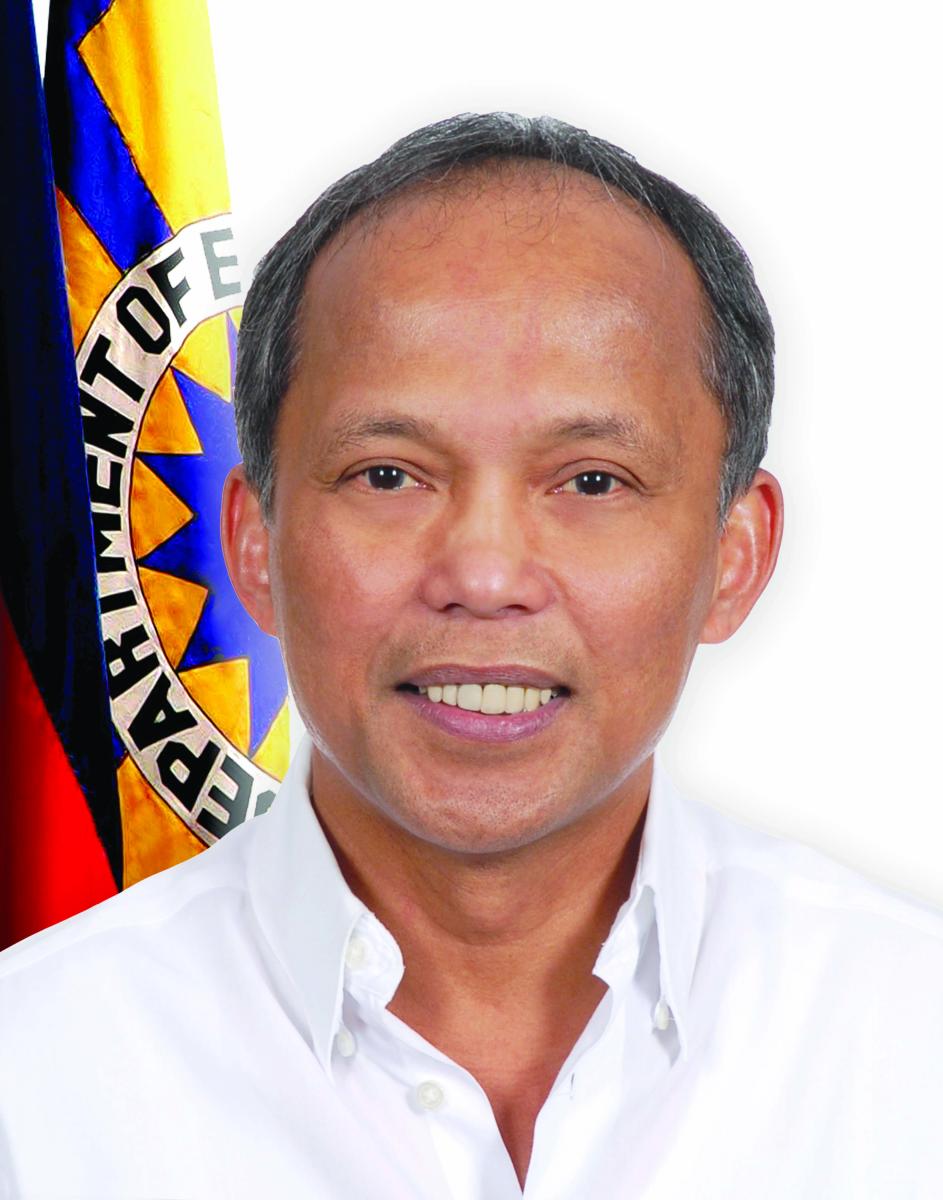Business and Economy
Cusi urges ASEAN to rethink policies on energy subsidies

FILE: Department of Energy (DOE) Secretary Alfonso Cusi (Photo: Department of Energy)
MANILA — Energy Secretary Alfonso Cusi has urged governments of the Association of Southeast Asian Nations (ASEAN) to rethink their approach to energy subsidies, strongly suggesting that government subsidies on power production be cut to free the markets and keep energy cost down for consumers.
Cusi spoke at the recently concluded 10th Singapore International Energy Week at the Marina Bay Sands in Singapore.
“For the Philippines, we believe there is an opportunity for developing Asia to rethink its approach to subsidies. We believe that the way to clear this hurdle is to show real ambition to free our markets to ensure that consumers pay only the true cost of power and use energy more wisely,” Cusi said.
The head of the Department of Energy (DOE) is reportedly not keen on extending the feed-in-tariff allocation for biomass and run-of-river power technologies, stressing that such perks (for renewable energy production) are counter to the government’s goal of bringing down power rates.
Cusi noted that giving subsidies to energy producers has been a practice in Southeast Asia.
“This is an approach that, for too long, has been the be-all and end-all for policymakers in this part of the world,” he said.
“The numbers speak for themselves. In 2015, fossil fuel subsidies in Southeast Asia made up anything between 0.4 percent and 7.3 percent of total government expenditures. Absolute energy bills for the region alone were at least USD 145.7 billion,” Cusi said.
Cusi emphasized that with primary energy demand in Southeast Asia expected to grow by as much as 2.3 times by 2040, it is critical that investments in the power sector are sustainable and properly planned.
The energy chief also warned that these figures are expected to swell as regional populations grow further, putting governments in the region on unsustainable fiscal paths.
“It has been argued that without subsidies, bills will skyrocket with consumers being hit hard. The evidence says otherwise. In fact, the hidden costs to society are much higher,” Cusi said.
For one, the government collects the FIT portion of electricity sales of power distributors.
“The major stumbling block to reform is political. It has been argued that without subsidies, bills will skyrocket with consumers being hit hard. The evidence says otherwise. In fact, the hidden costs to society are much higher,” Cusi said.
“What is required is a commitment to take the path less traveled, to think outside of the box and deliver. If we can do this, if we can rethink our approaches, the aim of securing reliable and competitively priced electricity is something that we in ASEAN can achieve within our lifetimes,” he stressed.
Citing a comprehensive critique on subsidies by the International Monetary Fund in 2013, Cusi pointed out that energy subsidies widen budget deficits and crowd out public investments in social infrastructure.
“Energy subsidies also discourage private investments in energy in favor of excessive energy consumption as well as the quicker depletion of natural resources,” he said.
Cusi explained that when the Philippines implemented the Electric Power Industry Reform Act (Epira) in 2001, the case for reform was urgent, with subsidy bills ballooning and national debt swelled to USD 16.61 billion.
Cusi said that through EPIRA, the Philippines introduced sweeping reforms, including the restructuring of the entire power industry and the privatization of most state-owned power generation and transmission assets.
The first was separating the transmission and distribution sectors, thus preventing any future monopolies. The second was the establishment of a Wholesale Electricity Spot Market, to provide a more competitive environment to bring electricity prices down.
And finally, a full-on privatization of power assets to reduce our national debt.





















